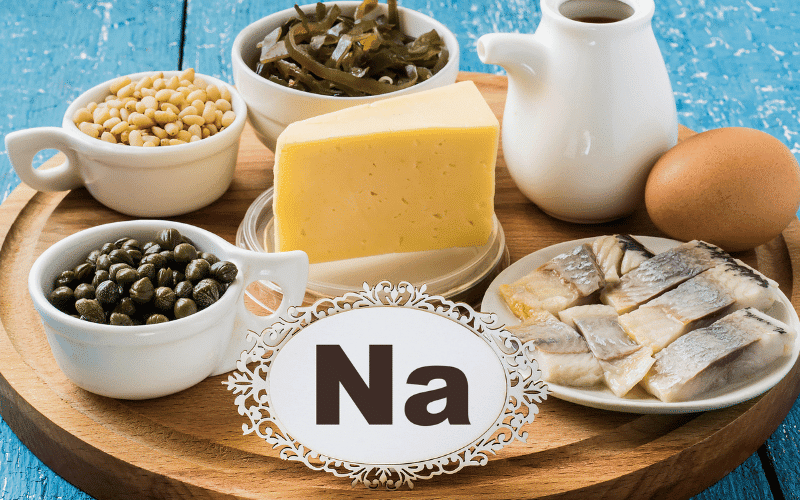7. High-Sodium Foods – The Hidden Dangers to Kidney Health

Excessive sodium intake has been linked to high blood pressure, a condition that can strain the kidneys and impair their ability to function effectively. High-sodium foods can cause an increase in blood volume, forcing the kidneys to work harder to remove excess water and maintain a healthy balance. Some common high-sodium foods include processed meats, canned soups, and fast food. To protect your kidneys from damage, it is important to monitor your sodium intake and choose foods with lower sodium content. Opt for fresh fruits and vegetables, whole grains, and lean proteins to maintain a balanced diet that promotes kidney health.
Processed foods, in particular, tend to be high in sodium, as it is often used as a preservative and flavor enhancer. Always check food labels to determine the sodium content and be mindful of your daily sodium intake. The American Heart Association recommends consuming no more than 2,300 mg of sodium per day, with an ideal limit of 1,500 mg for most adults. By being conscious of your sodium consumption, you can effectively reduce the risk of kidney damage and promote overall kidney health.
In addition to processed foods, restaurant and fast food meals are notorious for their high sodium content. When dining out, opt for low-sodium menu items, and avoid adding extra salt to your food. Request sauces and dressings on the side so you can control the amount consumed. Furthermore, consider cooking at home more often, as this allows you to have complete control over the ingredients and sodium levels in your meals.
To further decrease your sodium intake, consider incorporating more potassium-rich foods into your diet. Potassium helps counteract the effects of sodium on blood pressure and can promote kidney health. Foods high in potassium include bananas, sweet potatoes, spinach, and beans. However, it is essential to consult your healthcare professional before significantly increasing your potassium intake, as some kidney conditions may require a low-potassium diet.
Lastly, staying well-hydrated is crucial for maintaining healthy kidney function. Adequate water intake helps dilute the concentration of sodium in the blood and supports the kidneys in their role of filtering waste and excess water. The National Academies of Sciences, Engineering, and Medicine recommends a daily water intake of 3.7 liters (125 ounces) for men and 2.7 liters (91 ounces) for women, including all beverages and water from food. By drinking enough water and monitoring your sodium intake, you can effectively safeguard your kidneys from the dangers posed by high-sodium foods. (7)